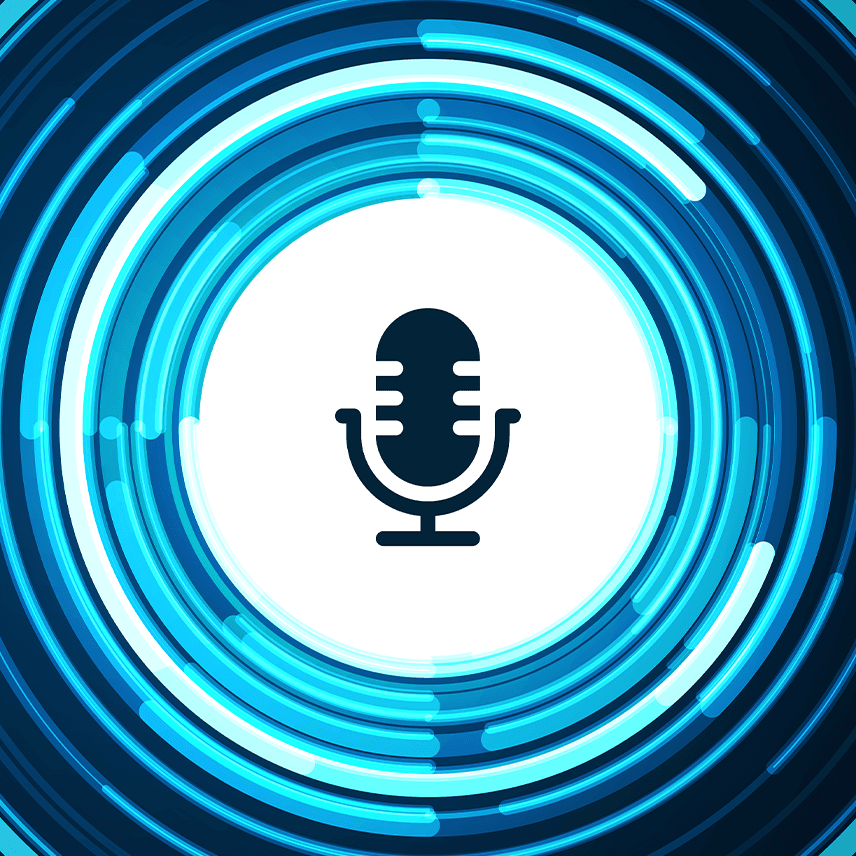SEC595: Applied Data Science and AI/Machine Learning for Cybersecurity Professionals


Experience SANS training through course previews.
Learn MoreLet us help.
Contact usBecome a member for instant access to our free resources.
Sign UpWe're here to help.
Contact Us
This workshop supports content and knowledge from SEC401: Security Essentials - Network, Endpoint, and Cloud.
Digital signatures (based upon strong cryptographic fundamentals) often take on a very different meaning and use, depending on who one talks to. While there has been a general push toward an increased usage of digital signatures, the full breadth of their power and capability often remains unknown.
In this workshop we will begin with a presentation of the cryptographic systems that can be leveraged to create digital signatures and why we want to use these signatures (their importance). We will discuss the more common use cases for signatures (such as digitally signed email) and then move into more recent examples such as DKIM (DomainKeys Identified Mail), as well as their use for incident detection and response. The presentation concludes with a short discussion on how to better leverage the increasing power of digital signatures as a part of a robust information security program.
Following the presentation the workshop concludes with an hands-on exercise in which you will directly apply the concepts discussed - all as part of a simulated incident response scenario!
System Requirements:


Bryan is a SANS Senior Instructor and author of SEC401. With 30+ years of cybersecurity experience and 22 GIAC certifications—including the prestigious GSE—he's trained professionals from the FBI, NATO, and the UN. He is the CEO of Xploit Security Inc.
Read more about Bryan Simon